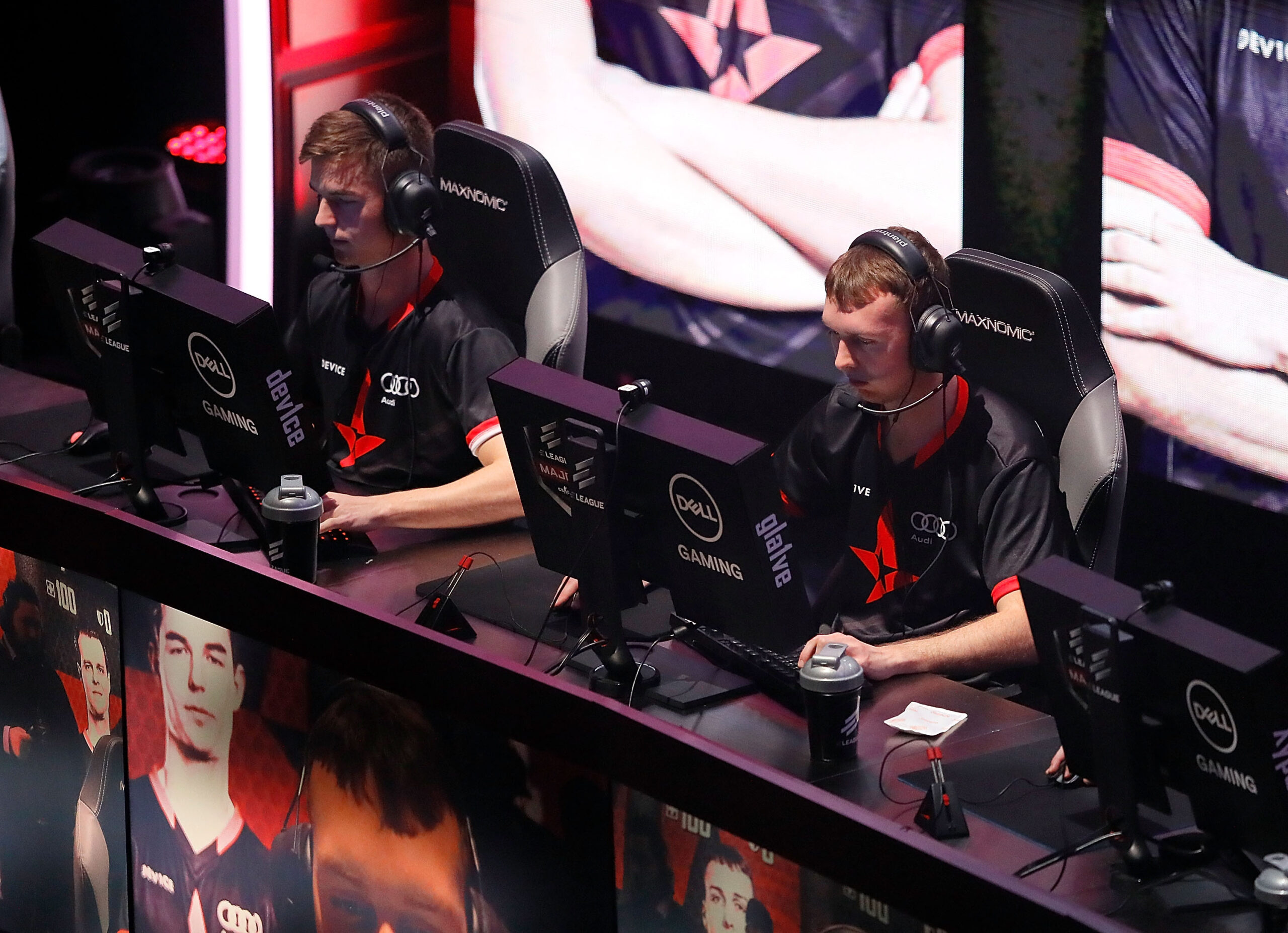A Surprising New Way to Pay for College

Dec 03 | 2018

Study Breaks Magazine
College is expensive, and tuition rates are rising year by year. Lots of students turn to academic or sports-based scholarships to help cover the cost, and over the past few years, some students are even getting scholarships through online gaming. It’s no surprise that the rapidly growing videogame space is making its way into academic

